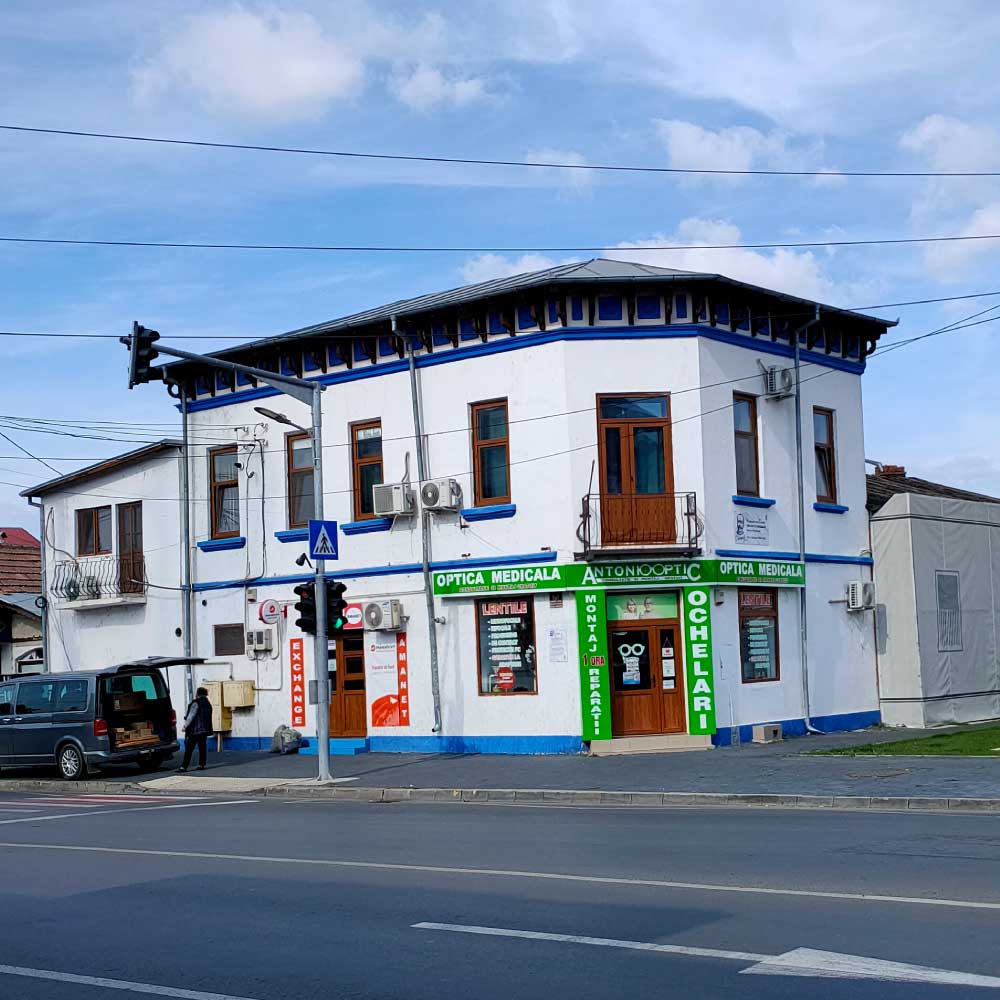
„The road to eternity”
November 7, 2022
Ion Luca Caragiale House
November 7, 2022English
HORTENSIA PAPADAT-BENGESCU HOUSE
Hortensia Papadat – Bengescu (8th December 1876, in Ivești, Galați – 5th March 1955 in Bucharest) was the daughter of captain (later general) Dimitrie Bengesu and the wife of magistrate Nicolae Papadat. Due to her husband’s profession, she also lived in Buzău, between 1903-1909 (other sources indicate the years 1904-1911), being in friendly relations with the writer Constanța Marino-Moscu (married to magistrate Gheorghe Moscu), family of engineer Gheorghe I. Dunka (1866-1943), former prefect of Buzău, senator and deputy and the family of colonel Benone Anastasiu, the future general. Here, on 9th January 1906, the daughter of Papadat family, Sofia-Elena (married Stamatiad), was born. The local press of that period also insert, at „Society” column, news about the presence of Papadat family at the balls of the 8th Dorobanți Regiment (where colonel Benone Anastasiu was the commander), or those of the Red Cross, at concerts or theatrical performances. She debuted in the cultural press with articles in French in 1912, and in 1913 she published in „Viața Românească”, being supported and guided literary by critic Garabet Ibrăileanu. In 1919 she published the volume „Ape adânci” [Deep waters]. During the War of National Integration (1916 – 1919) she worked as a Red Cross nurse. After 1919, she attended Eugen Lovinescu’s literary circle and published in his magazine, „Sburătorul”, standing out as a promoter of the modern European novel. Among her successful novels, we mention “Fecioarele despletite” [The Disheveled Maidens], “Concert din muzică de Bach” [A Concert of Bach’s Music]. Collections of short stories and sketches include “Sfinxul” [The Sphinx]”, “Femeia în faţa oglinzii” [The Woman in Front of the Mirror]. She was also the author of plays: „Povârnişul” [The Slope], „Bătrânul” [The Old Man], “A căzut o stea” [A star has fallen]. In 1946 she won the National Prize for Prose. Her literary work was banned by the communist regime, the writer dying in anonymity and poverty, but after 165 her work was gradually reintegrated into the literary and academic circuit. The house where the writer lived in Buzău was built at the beginning of the 20th century, and after the writer moved to Focșani, it became the property of Captain Gheorghe Metz’s family in 1909, and the Society of Philological Sciences once unveiled a memorial plaque (now missing), the property being included in 2010 on the List of Historical Monuments and renovated by the new owner in 2014




